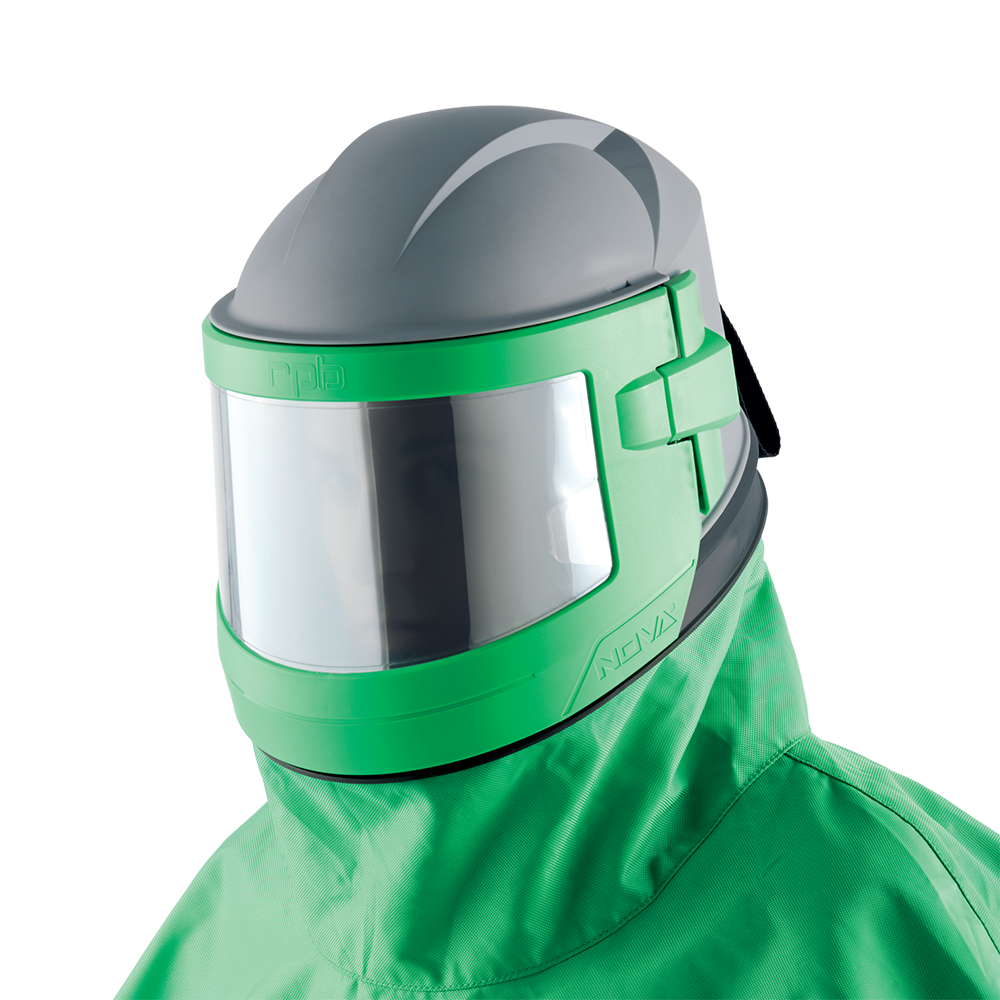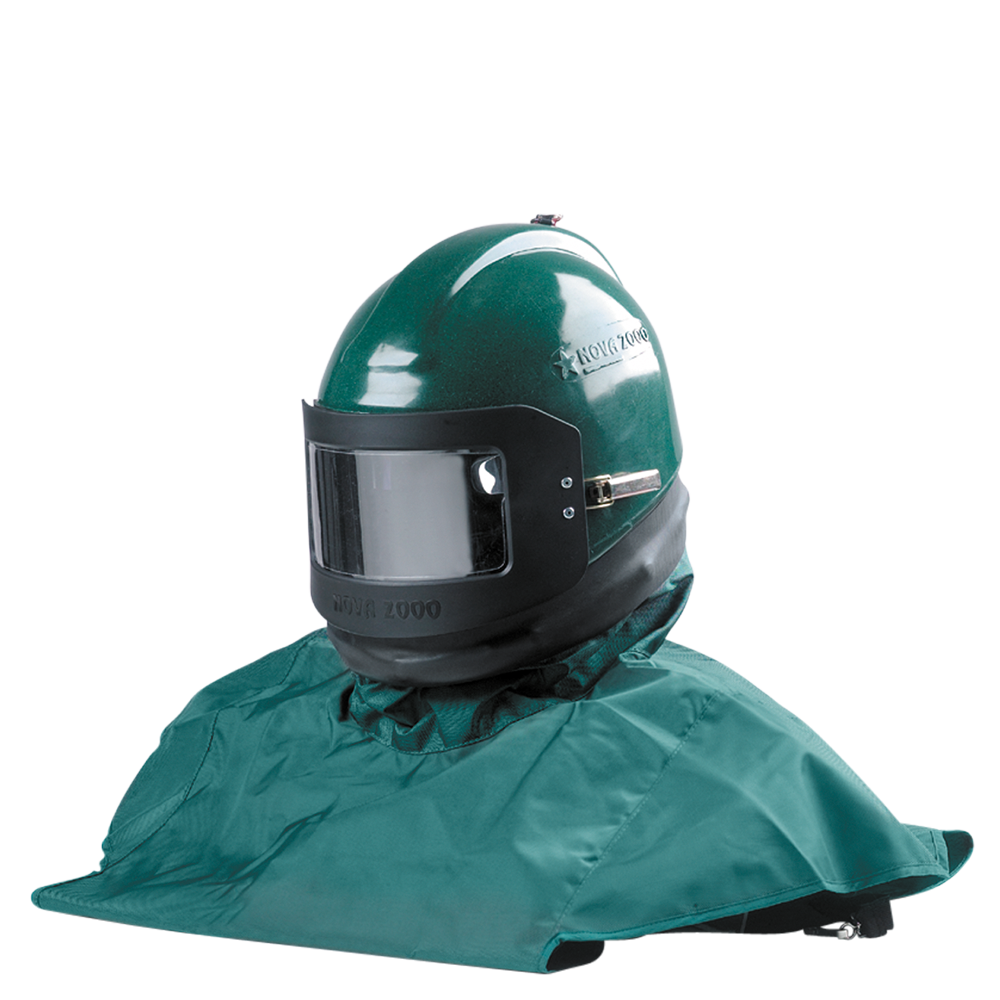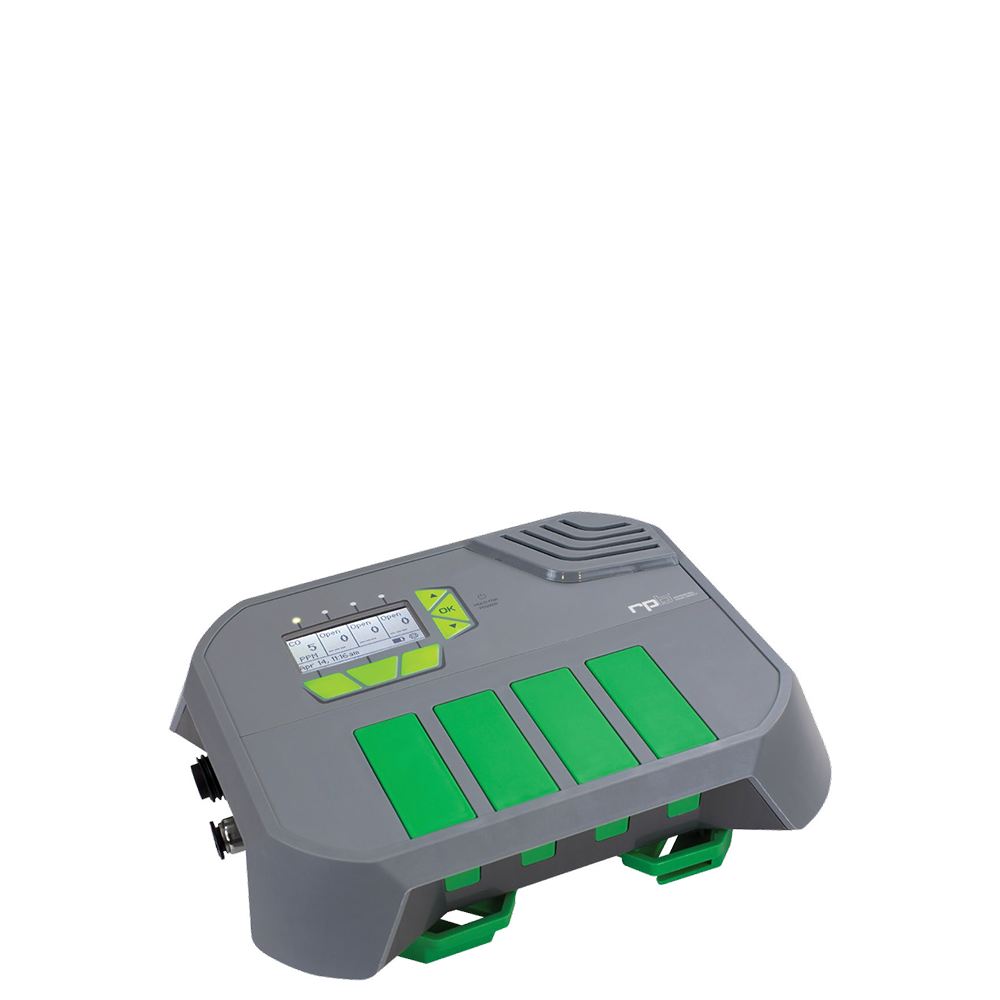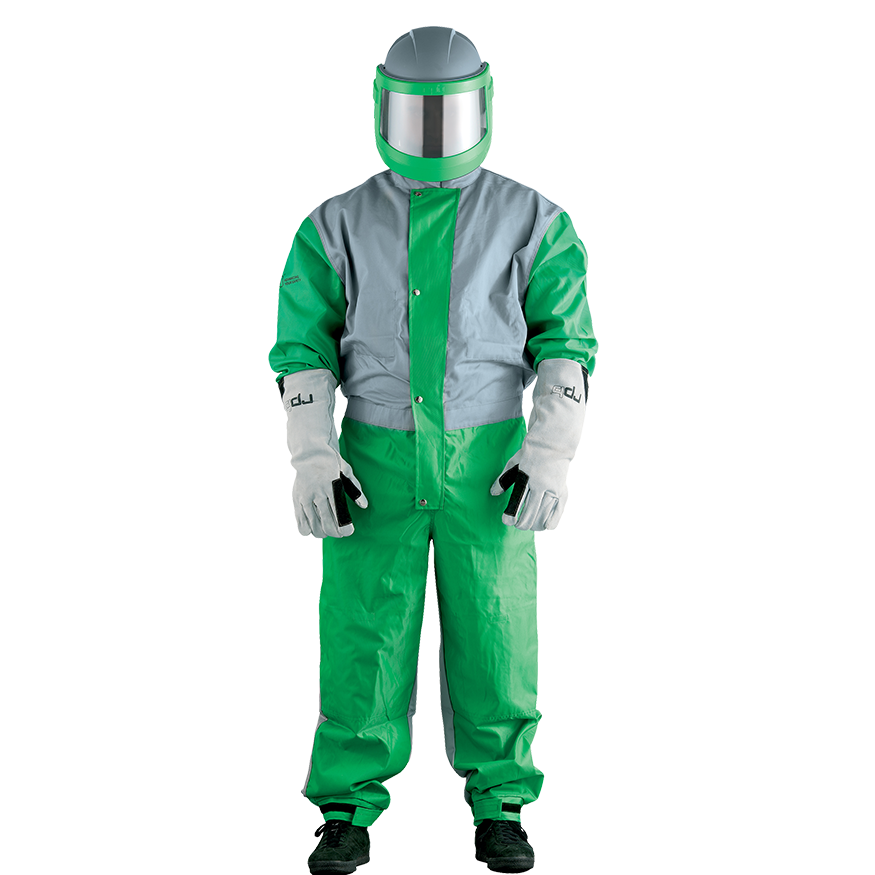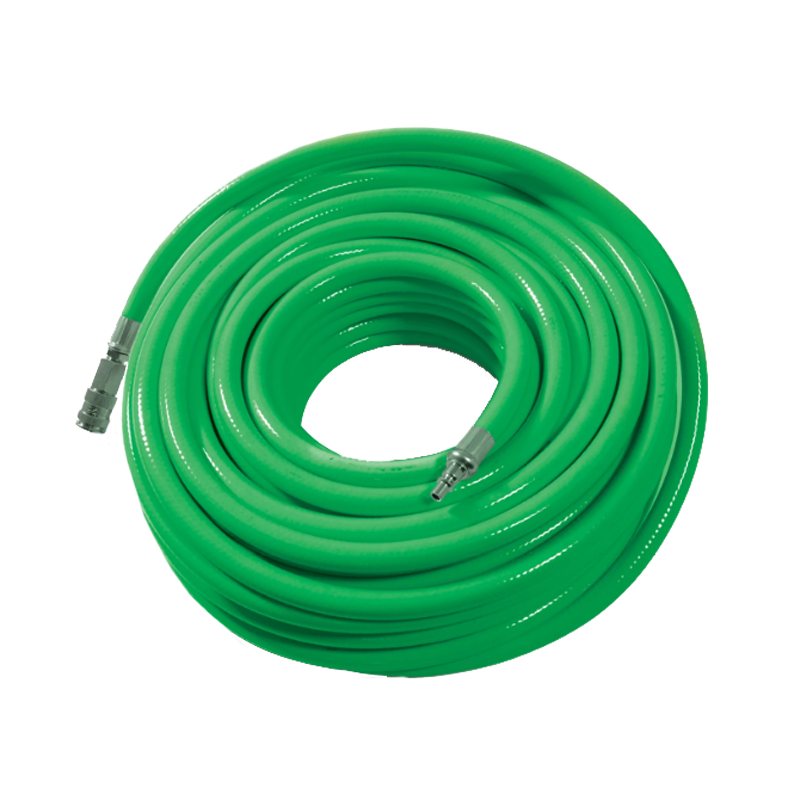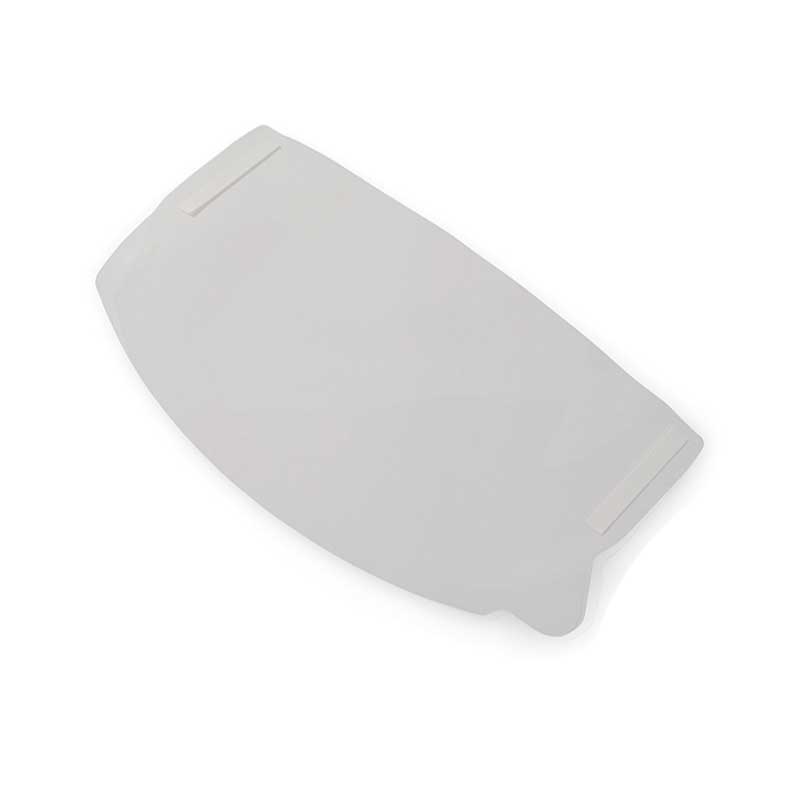Yes, The
Breathing air filter is designed to remove impurities from the breathing air. This works by passing the air through a 7 stage filter cartridge which will remove all oils, odors, particles etc. however it does not remove CO.
CO is a deadly gas that is odorless, tasteless and colorless. This means you cant identify it without specialized CO monitoring equipment. There are a few different ways to manage CO and it is a legal compliance issue that all breathing air must be monitored.
Government Authorities have a special interest in blasters breathing air, as it is feed typically by a diesel compressor, which generates CO and piped directly to the operators breathing air zone (in the helmet)
Options for CO Monitors are;
- RPB GX4 CO monitor (recommended if using RPB products)
- Breathing Air Boxes – these can become a distribution manifold for your breathing air as well.
- CO Scrubbers – if you have a constant problem these will convert the CO into CO2, but they are expensive to purchase and maintain, so we only recommend these when you cant resolve the CO issue any other way
 My Account
My Account

